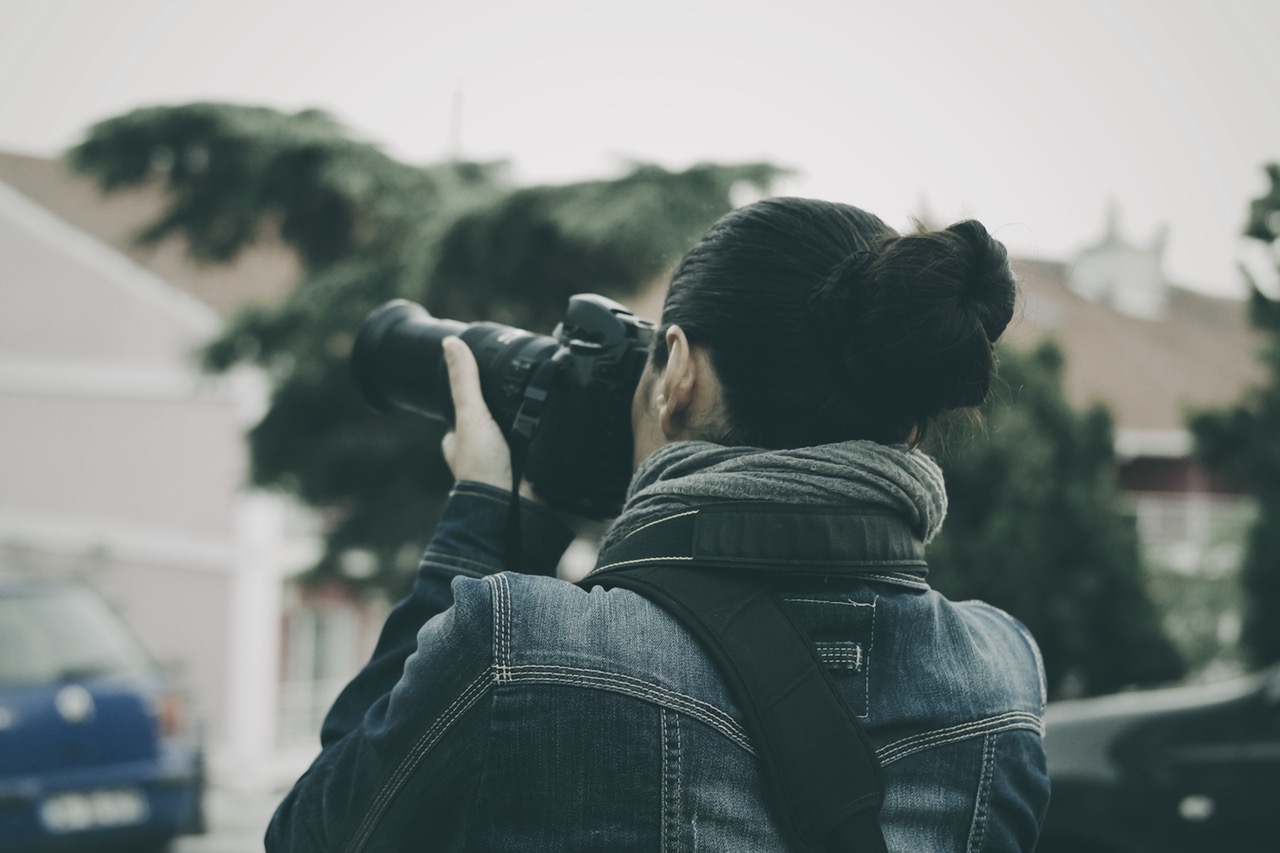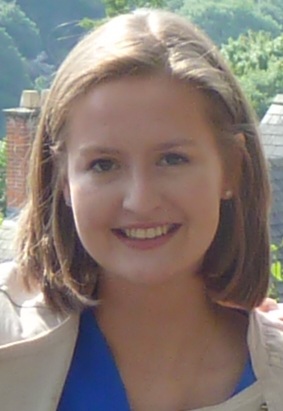Press freedom is vital for our human rights, and a crucial part of a free and fair democracy. Today, on World Press Freedom Day, we’re remembering a landmark case for journalistic freedom, as well as celebrating the journalists who take great risks to shed light on pressing injustices.
Reporting the Thalidomide Tragedy
In the 1960s, a number of women used a drug called Thalidomide to help with morning sickness during pregnancy. Sadly, the drug caused devastating harm to their babies, who were born with severe deformities.
The women then brought negligence claims against the drug manufacturer. The Sunday Times newspaper published an article calling the tragedy a “National Shame,” and describing the manufacturer’s settlement proposals as “grotesquely out of proportion to the injuries suffered.”
The Government applied for a court order stopping the newspaper from publishing a further report on the tragedy while court cases and settlement discussions were ongoing. It claimed further reporting would be contempt of court – the criminal offence of undermining the authority of the court. The order was granted, meaning the newspaper was forbidden from publishing its report.
The Impact on Human Rights
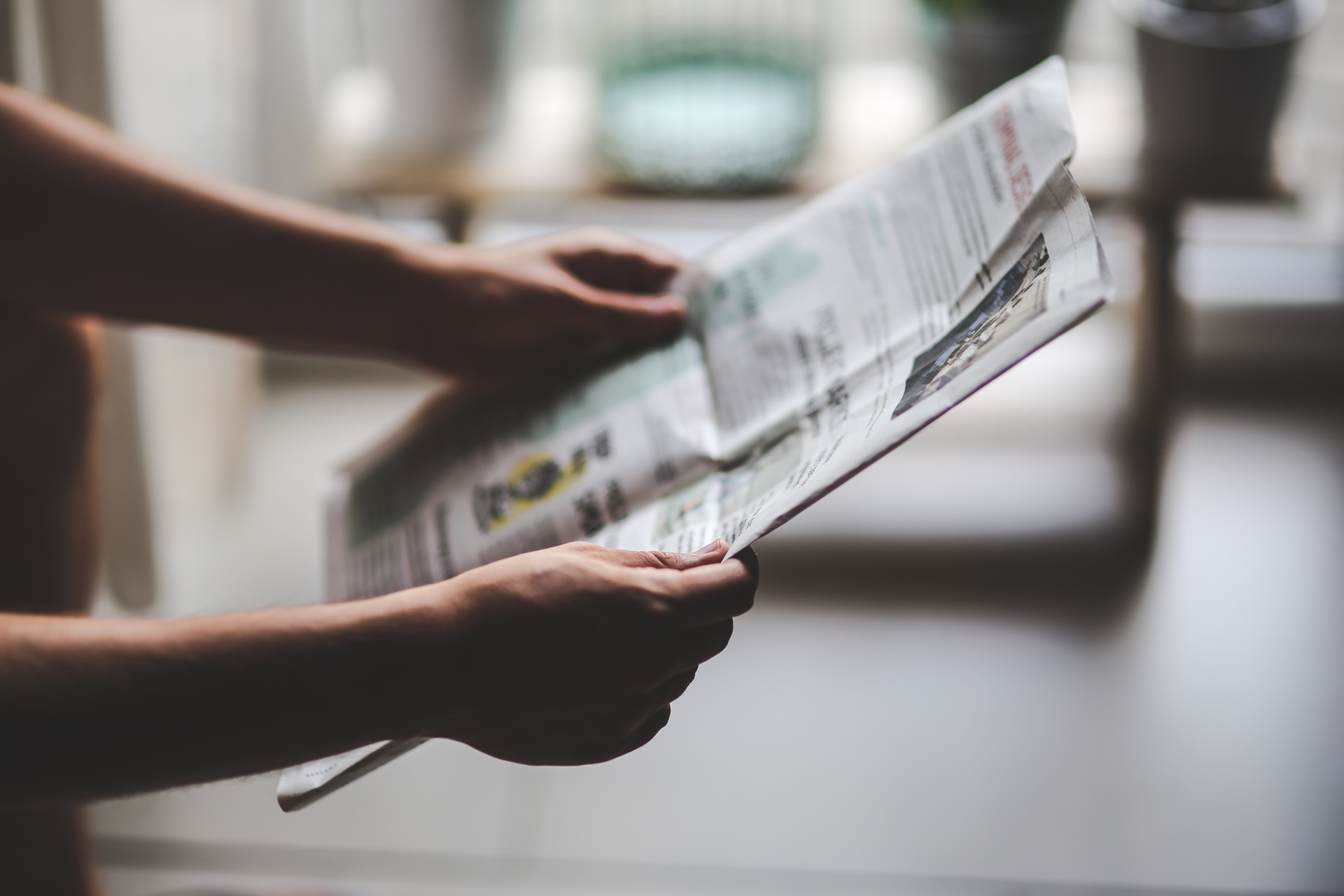
The Sunday Times took the case to the Human Rights Court, arguing that the court order infringed the newspaper’s freedom of expression.
Freedom of expression is protected under Article 10 of the Human Rights Convention, which states:
Everyone has the right to freedom of expression. This right shall include freedom to hold opinions and to receive and impart information and ideas without interference by public authority and regardless of frontiers…
The Court explained that freedom of expression is one of the essential foundations of a democratic society, and that these principles are of particular importance as far as the press is concerned. The media has a duty, the Court said, to share information and ideas concerning matters of public interest. Not only does the press have the task of sharing such information and ideas: the public also has a right to receive them.
The Court concluded that any risk to the court cases and settlement negotiations did not outweigh the public interest in freedom of expression. The Thalidomide disaster was undoubtedly of public concern, and the public and families of victims had a right to know about it. The Sunday Times decision is so important that it has been cited in countries across the world, such as New Zealand and Canada.
You can read the Sunday Times v UK case in full here.
Journalists fighting injustice
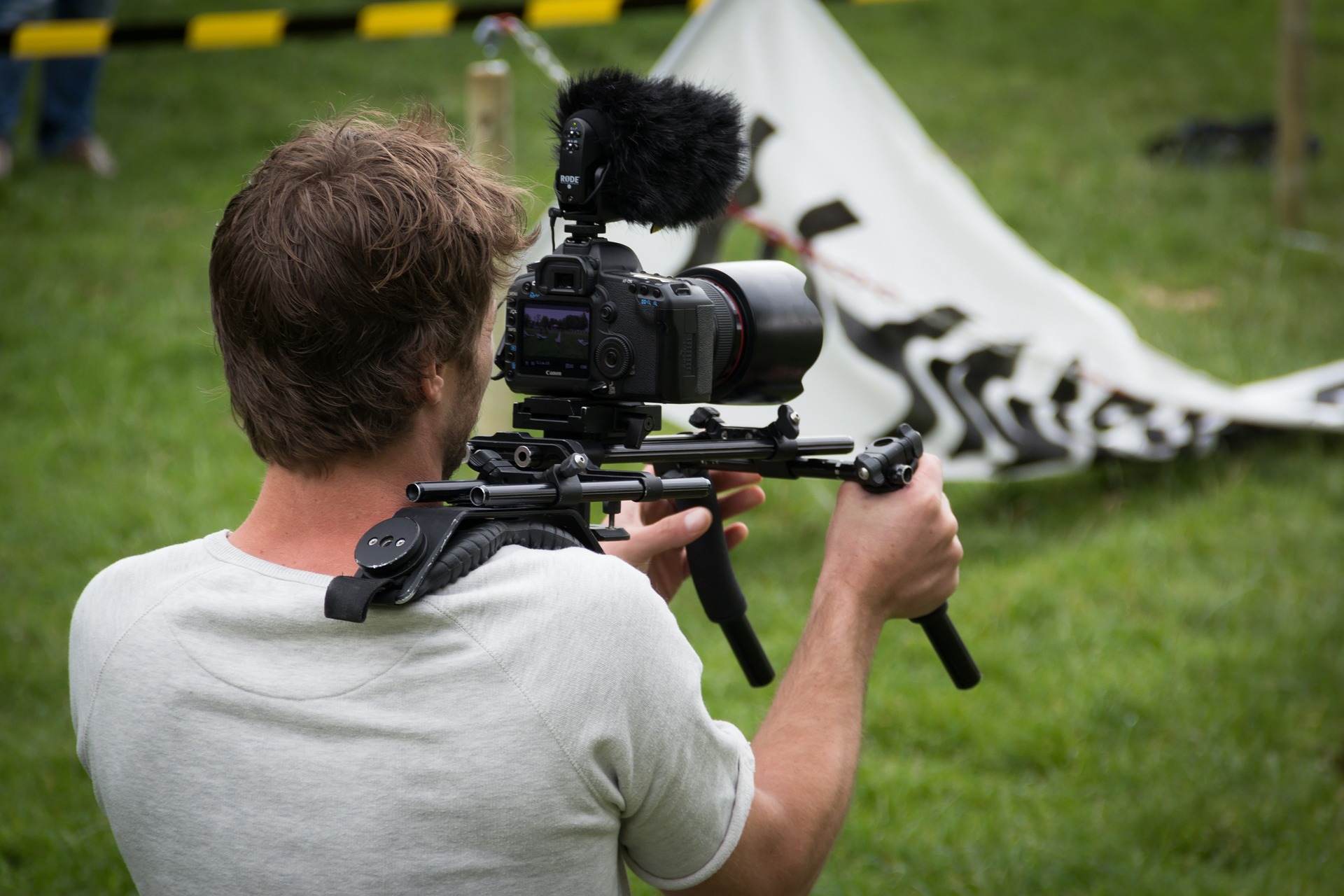
Freedom of journalistic expression is especially important because the press plays the role of ‘watchdog’ of the public interest. The free flow of information in a democratic society also helps us to protect all of our other rights.
In today’s world, journalists face unprecedented threats – to their work, their physical safety, even their lives. The UK recently dropped down the rankings of the World Press Freedom Index, which ranks countries on the freedom of their journalists.
Free journalistic expression is more important now than ever before. So, on Press Freedom Day, we want to celebrate the work of a few British journalists who have taken great risks while reporting on human rights issues and injustices in the public interest.
Sir Harold Evans
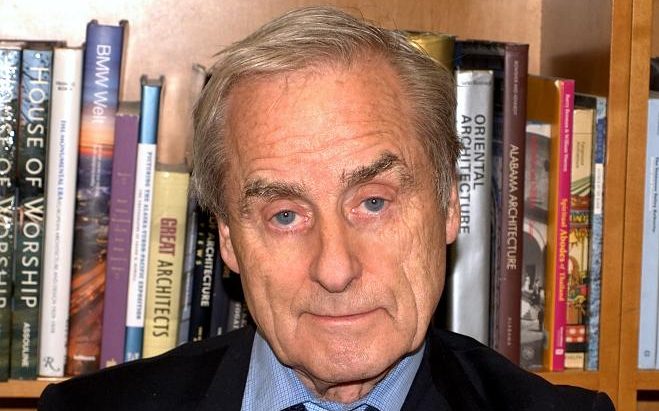 Sir Harold Evans (Picture: WikiMedia via CC 3.0)
Sir Harold Evans (Picture: WikiMedia via CC 3.0)
Sir Harold Evans first became aware of the impact of Thalidomide while working as editor of the Northern Echo in Darlington, and published photographs of some of the “Thalidomide babies.” Later, as editor of The Sunday Times, he led the investigation into the Thalidomide tragedy, eventually publishing the report at the centre of the Sunday Times v UK case. In 2004 he was knighted for his services to journalism.
Veronica Guerin
Veronica Guerin was an Irish investigative crime journalist. After Ms Guerin began writing about drug dealers, she received death threats and was attacked on several occasions. She was killed by drug lords in 1996, two days before she was due to speak at a Freedom Forum conference in London on the topic of “Dying to Tell the Story: Journalists at Risk.” Her murder was described by Irish Prime Minister John Bruton as an attack on democracy.
Lindsey Hilsum
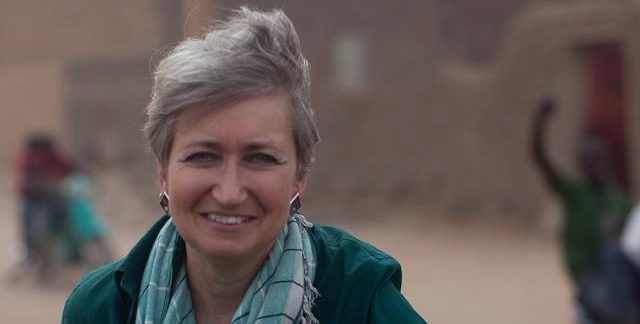
Lindsey Hilsum (Photo: Twitter)
Before becoming a journalist, Lindsey Hilsum was an aid worker in Latin America and Africa. She has reported on conflicts including the wars in Iraq, Afghanistan and Kosovo and the Israeli-Palestinian conflict, and was the only English-speaking foreign correspondent in Rwanda when the genocide began. Ms Hilsum is now Channel 4 News’ International Editor, and has won several awards for her work, from organisations including Amnesty, the One World Broadcasting Trust and the Royal Television Society.
Paul Conroy
Paul Conroy served with the Royal Artillery between 1980 and 1987, before becoming a freelance photographer and filmmaker. He worked extensively in conflict zones. In 2012, he was working in Homs, Syria, when the media centre where he was working came under targeted rocket attack. Several people were killed and Mr Conroy was severely injured. Earlier this year, he returned to Syria with the ‘People’s Convoy’ to deliver medical supplies to civilians.
Find out more about freedom of expression:
- See our Explainer on why democracy needs free speech and peaceful protest.
- Check our Infographic about freedom of expression.
- Read our post about the rise in threats to press freedom in 2017.

